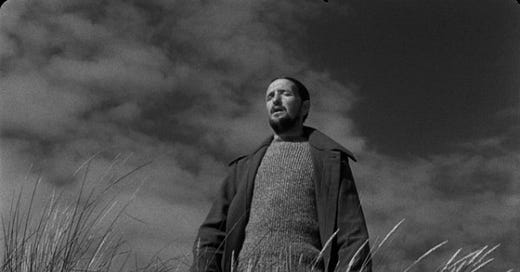There’s a folkloric saying that Breslov Hasidim are obsessed with joy because they are depressives; Karliner Hasidim are obsessed with controlling their emotions because they are angry; and Chabad Hasidim are obsessed with nullifying their egos because they are ego-maniacs.
The (reductive) sentiment behind the saying is that a person’s theological or phi…
Keep reading with a 7-day free trial
Subscribe to What Is Called Thinking? to keep reading this post and get 7 days of free access to the full post archives.



